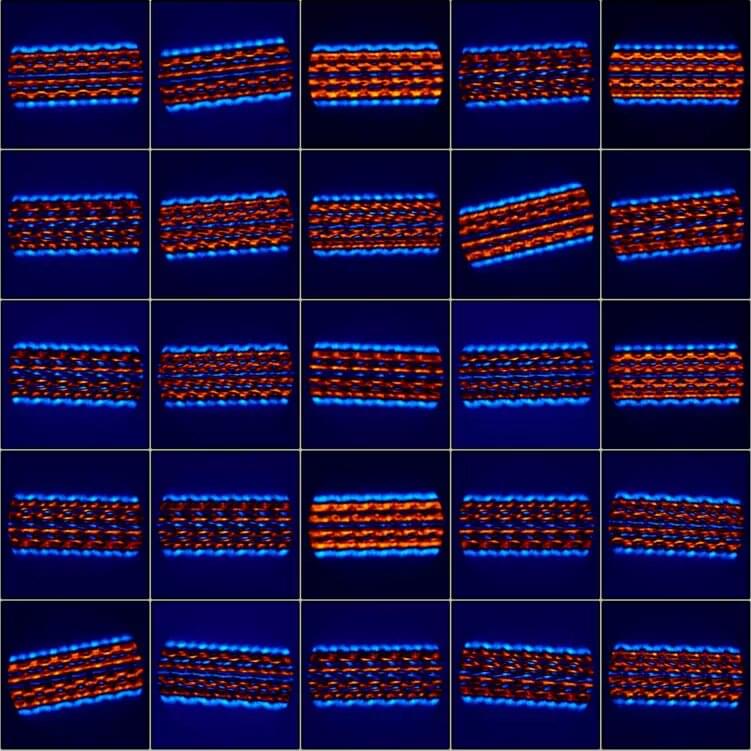Researchers from the Max Planck Institute for Biology Tübingen address the long-standing question of how benign gut microbes evade the immune system. In doing so, they also reshape our understanding of how immune receptors interact with the bacterial motility protein flagellin.
The scientists identified a new type of flagellin in the human gut, termed “silent flagellin,” that binds to the immune receptor Toll-like receptor 5 without inducing a pro-inflammatory response. The findings provide a mechanism for the immune system to tolerate beneficial microbes while remaining responsive to pathogens.
The human gut is the habitat of benign, beneficial, and sometimes harmful bacteria. In order to fight off these last-mentioned pathogens, the immune system first recognizes the presence of microbial products via various receptors. One of these is Toll-like receptor 5 (TLR5): it binds flagellin, the protein that makes up the bacterial flagellum, which bacteria use to swim. Once bound to flagellin, TLR5 induces a pro-inflammatory immune response.
